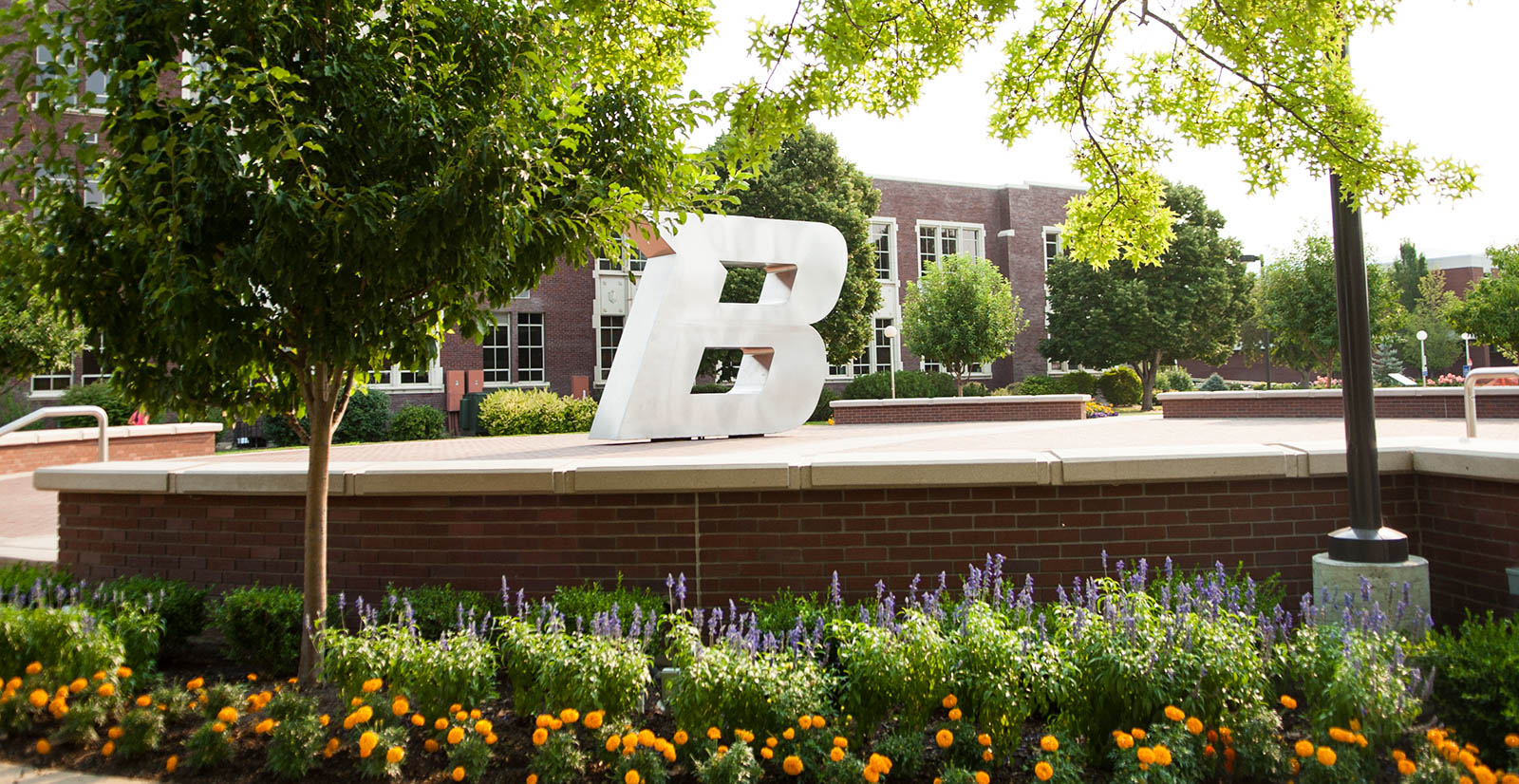
The recipients of the Institute for Advancing American Values 2024 faculty research awards are Brian Knox, Brian Stone, Soulit Chacko and the Symposium for Civic and History Education, the institute announced. These individuals and initiatives were awarded funds to pursue their work.
Brian Knox, associate professor, Department of Accountancy
Corporations are increasingly divided along ideological lines, with businesses catering to a small subset of Americans while repelling others. This leads to an ideologically segregated economy where boycotts and pressure campaigns are commonplace. This division likely compounds existing ideological divides among customers and employees. In a segregated economy, one rarely interacts with customers or employees of a differing ideological persuasion, limiting opportunities to learn that those with different values can coexist peacefully within American society. Some ideological policies even allow corporations to punish ideological foes in ways that the government cannot due to constitutional protections.
Knox’s study employs economic modeling and a behavioral experiment to investigate why companies adopt ideological policies. Specifically, examining the incentive for adopting ideological policies related to more profitable employee effort when companies adopt ideological policies.
Brian Stone, associate professor, Department of Psychological Science
Research into misinformation has exploded in recent years. However, detecting misinformation and training/inoculating the public to spot it is only part of the battle. While many people highly value truth, the tactics used by platforms and governments to tackle misinformation run up against other important American values.
The project will collect experimental data to better understand the variables at play when the public is presented with this clash of values. For example, does experimentally priming someone to think about a particular value (vs. another) lead to different preferences related to misinformation and content/speech moderation? Does trait-level or activated state-level analytical thinking moderate such an effect? Does the topic/medium of misinformation matter? And how do people feel about AI chatbots contributing to the social media conversation? Does ChatGPT deserve free speech?
Soulit Chacko, assistant professor, Department of Sociology
What is the relationship between faith and social action and how does it expand our understanding of humanitarianism, especially when it comes to refugee resettlement? The widening funding gap with shrinking financial and political support, in recent years, both at the federal and state level towards refugee resettlement has meant that churches and faith-based organizations have been on the front line, providing support towards individual resettlement.
While the literature describes faith-based efforts supporting refugees, we are still understanding the scale and distinctiveness of faith-based humanitarianism towards refugee resettlement.
Chacko’s project will explore the changing nature of humanitarian service by understanding the role of the LDS church on refugee resettlement in Idaho. Through semi-structured interviews with staff and leaders from refugee resettlement agencies and members of the LDS church, this project aims to explore the relationship between the Mormon church’s interest in helping refugees and refugee resettlement agencies’ responsibility of resettling refugees.
Symposium for Civic and History Education
The Symposium for Civic and History Education will present “Understanding Democracy” at their 2024 conference for Idaho’s social studies teachers. The conference aims to support teachers in their professional and intellectual goals, and to facilitate building networks of educators across the state. The conference offers content-rich and pedagogically sound sessions relevant to Idaho’s social studies curriculum. During concurrent sessions, teachers can choose from an array of topics, focusing on those that best meet their individual needs and interests. Presenters at concurrent sessions will be Boise State faculty, award-winning master teachers in history and social studies, and local or regional scholars with expertise on an aspect of the conference theme.
The Symposium for Civic and History Education is a collaborative group comprising faculty such as John Bieter and Lisa Brady from the College of Arts and Sciences, Isaac Castellano and Stewart Gardner in the School of Public Service, and Sara Fry from the College of Education. They work with community partners like Russ Heller, retired social studies director for Boise School District, as well as the current social studies directors in the Treasure Valley, and colleagues at College of Western Idaho, College of Southern Idaho, Idaho State University, University of Idaho and Lewis-Clark State College.